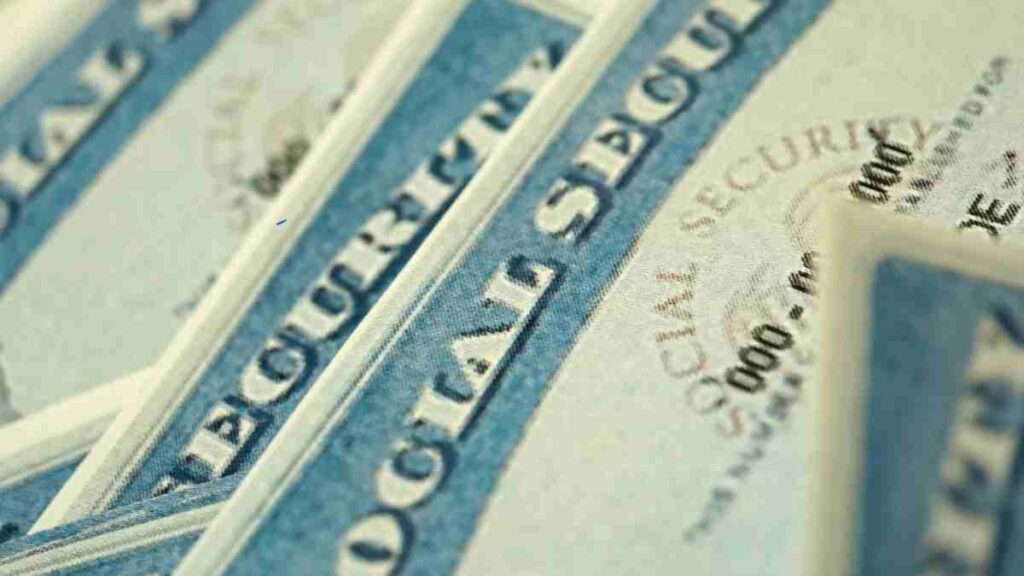In November, some people receiving payments from the Social Security Administration (SSA) might be in for a bit of a surprise: they will receive two checks instead of one. However, it’s important to note that this second payment is not an extra benefit but rather an advance on the December check
The Social Security payment system is structured so beneficiaries can anticipate when they’ll receive their payments each month.
But sometimes, holidays or weekends disrupt the normal schedule, leading to adjustments in payment dates, as is the case this year with December’s checks. The group that will receive two payments in November primarily includes beneficiaries of the Supplemental Security Income SSI program. This program serves individuals with disabilities, older adults with limited income, and, in some cases, children with disabilities such as blindness.
Who will receive two Social Security payments in November?
The first payment will arrive on November 1st, covering the regular monthly benefits. What stands out, however, is the second payment scheduled for November 29th. Although this payment will be received in November, it is actually an advance for December’s check, since December 1st falls on a Sunday this year, and payments are not made on weekends.
The SSA follows a rule that if a scheduled payment date falls on a weekend or holiday, the deposit or check is sent earlier. This year, with December 1st being on a Sunday, the payment gets moved up to Friday, November 29th. As a result, SSI beneficiaries will receive two payments in November, but it’s essential to understand that this is not extra money—it’s simply an early payment to ensure they have access to their funds on time.
Which other beneficiaries will receive payments in November?
Social Security’s payment schedule also affects other beneficiaries, such as those receiving retirement benefits. These individuals will receive their Social Security payments based on their birth dates, spread out over various Wednesdays in the month. Here’s how the schedule breaks down for November:
- November 13th payment: This payment is for those born between the 1st and 10th of any month.
- November 20th payment: Those born between the 11th and 20th of any month will receive their payments on this date.
- November 27th payment: Finally, beneficiaries born between the 21st and 31st of any month will receive their checks on this day.
This staggered schedule helps to distribute payments evenly throughout the month, ensuring all beneficiaries receive their funds without delays, even when some, such as SSI recipients, receive two payments in a single month.
Could you receive a third check in November?
While the advance on December’s payment is notable on its own, there are some individuals who may receive a third check in November. This situation applies to people who are beneficiaries of both SSI and Social Security retirement benefits.
If this applies to you, here’s what you can expect:
- Your regular Social Security check, which will be issued according to your birth date.
- The first SSI check, arriving on November 1st.
- The second SSI check, arriving on November 29th, which is the advance payment for December.
In this case, even though three payments may hit your bank account in November, it’s important to remember that the second SSI payment is not a bonus or extra income—it’s simply an early disbursement for the following month.
Understanding how Social Security payments work and why you might receive multiple checks in a single month is important, especially if you depend on these payments to cover essential expenses. The SSA has established this system to ensure that even when holidays or weekends occur, beneficiaries don’t experience any delays in receiving their much-needed funds.
Additionally, for those receiving retirement benefits, the staggered payment schedule helps to avoid potential bottlenecks, ensuring a smoother flow of payments across the month. Knowing when you’ll receive your payment can help with budgeting and financial planning, especially during months like November when payment schedules are adjusted.
For SSI recipients, it’s crucial not to confuse the second check as a bonus. While it may feel like you’re receiving more money in November, the advance is meant to ensure that you’re paid on time for December, not to provide additional income. It’s always helpful to plan ahead, particularly when receiving payments in advance, to ensure that your financial needs are met without interruption.
